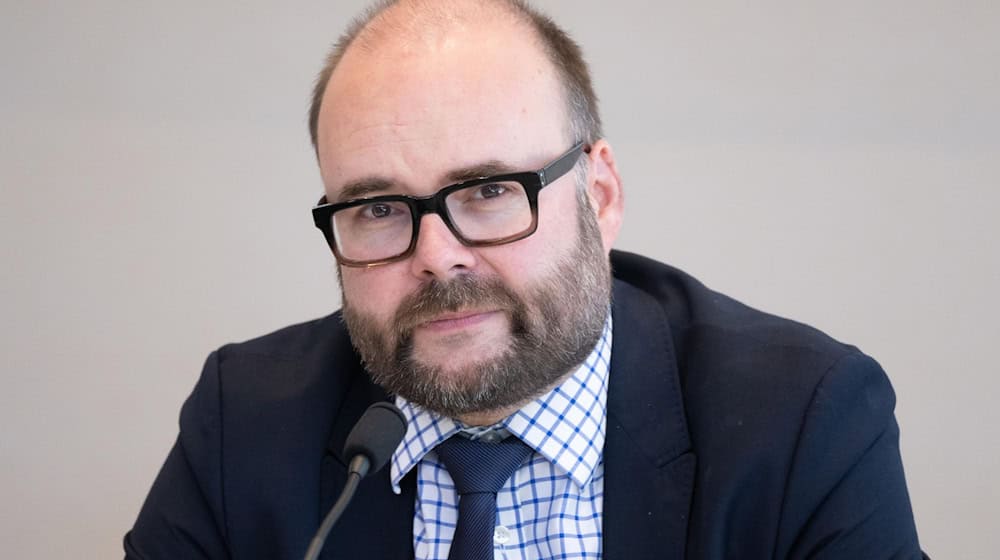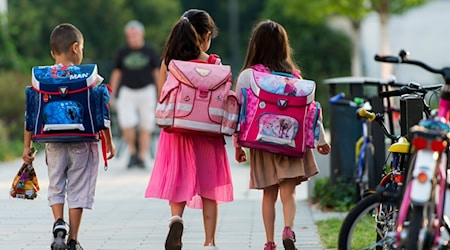According to Education Minister Christian Piwarz (CDU), Saxony will be able to implement the legal entitlement to all-day care in elementary school by 2030. There are enough places and qualified staff for this, the minister said on Wednesday in Dresden. The childcare rate for after-school children in the Free State is already significantly higher than the national average. While it was 47% in the west according to the 2022 education report, it was almost 87% in Saxony.
"Our childcare services in Saxony make it easier to combine family and career. Every family receives a place in a crèche, kindergarten or after-school care center on request. This is anything but a matter of course in other federal states," emphasized Piwarz. In the elementary sector, there has been a legal entitlement to a childcare place from the age of one since 1 August 2013. Saxony fulfils the legal entitlement to a nursery place, albeit not always in the desired facility.
According to the Ministry of Education, Saxony ensures all-day education and childcare for children of primary school age through cooperation between daycare facilities (after-school care) and schools. Almost all elementary school in Saxony offer all-day care. Compared to 2023, staffing requirements in after-school care will increase by around 200 full-time positions by the time the legal entitlement comes into force in 2026. "The training capacities for nursery teachers have been steadily expanded in Saxony," it said.
In addition to sufficient childcare places, the ministry also considers the quality of care to be crucial. Nationwide, the proportion of childcare teams made up of academically trained specialists has increased significantly. In 2022, it will be around 37%. Saxony is in the lead with 71%, ahead of Hamburg (60%), Thuringia and Hesse (53% and 51% respectively). In addition, Saxony has more nursery staff with a technical college degree than the rest of Germany.
The current staffing ratio for working with children in Saxony is 1 to 5 (crèche), 1 to 12 (nursery) and 0.9 to 20 (after-school care). Staff who become available due to falling birth rates should be retained in the facilities. "If we want to further strengthen the quality of education in kindergarten and after-school care, we should stick to the staffing levels in daycare facilities and use the decline in child numbers as a demographic return. This will directly benefit our children, as it enables more individualized support," explained Piwarz
According to statistics, a total of 322,754 children were being cared for in Saxony's 3067 daycare facilities (crèches, kindergartens and after-school care centres) as of April 1, 2023. Of these, 141,075 children attended after-school care. In the previous year, Saxony invested around 880 million euros in the financing of child day care facilities and child day care. This year, the figure is expected to be around 918 million euros.
Copyright 2024, dpa (www.dpa.de). All rights reserved










